By Zuzana Majcova
The ILC and over 50 other partners founded the Global Land Indicators Initiative (GLII) in 2012 with an aim to put land on the agenda of Sustainable Development Goals (SDGs) and make global scale monitoring of land governance a reality. Originally, the importance of land was missed from the SDGs and the only mention was through land degradation, despite land being crucial to achieving progress on many SDGs. Everlyne Nairesiae from GLII pointed out that everyone has a relationship with land – we all eat food grown from it. In the SDGs, the land is very important for indicators such as food security, women’s rights and empowerment in agriculture, the role of tenure in supporting development, and issues of land conflict. In total, land is included in nine targets and 12 indicators of five SDGs.
The most important for the issue of land rights is target 1.4 which explicitly measures tenure security as an indicator of achievement. Various data sources are used in measuring and evaluating the progress on land related targets, including household surveys and censuses, geospatial data, and data from civil societies, private sector and development agencies. Effective data collection is key to making progress on the land rights agenda within the SDGs. According to Everlyne, if by 2020 at least 50% of countries, representing at elast 50% of the population for each region, are not able to collect data effectively on these indicators related to land and tenure security, these risks to be dropped from the agenda of SDGs. The data obtained through this process will also be key for political advocacy and policy development at country level. Right now, we need to support capacity building in countries to be able to carry this all out.
Katia Araujo, the director of advocacy from Landesa, provided a gendered take on the topic, pointing out the importance on focusing on women’s rights to land, which have been highlighted in the relevant targets. In particular, girls inheritance rights need to be addressed. She also suggested some opportunities for advocacy and engagement with the SDGs’ targets at national and global levels. Voluntary National Reviews are a key mechanism for assessing progress towards the SDGs and learning from successes and challenges so far. CSOs should identify key government institutions which are responsible for the implementation of SDGs. We should focus on them and their work and push them to start the process of working on the land indicators. Katia also stressed the importance of civil society inclusion and engagement in the process and focusing on Indigenous Peoples and women’s rights issues.
GROOTS Kenya, represented byFridah Githuku, provided a national example of engagement on the SDGs and their monitoring at the local level. They work together with local women to track 12 indicators, which the women selected, and measure the progress towards these targets. Through participatory tracking tool data and desk based research they obtain enough information for their advocacy on women’s land rights. Fridah said that it is important for civil society to come together and demand space to take part in reporting on progress on the SDGs. She also highlighted the importance of data collection disaggregation by gender to monitor women’s land rights effectively.
Some of the issues with SDGs were also brought forward in this session. Gam Shimray from the Asia Indigenous Peoples Pact said that there are mixed feeling about SDGs amongst Indigenous Peoples in Asia for various reasons but nevertheless, he believes that Indigenous Peoples should be more involved in the process. At the moment, many communities do not know much about the SDGs beyond their existence so they cannot engage with the framework. Michael Rice from Both ENDS, a Dutch NGO, talked about the disconnect between international-level policy and the reality on the ground, where progress is not such as politicians congratulate themselves for. The SDGs are a voluntary framework with significant room for governments to define their own priorities and rules. This is a problem for CSOs working on land rights issues, because governments often prioritise economic goals over social ones. He said that our task is to translate the community concerns into the SDGs context at the national and global level. Deny Rahadian from JKPP then gave some examples of the challenges involved in implementing SDGs on the ground in Indonesia. The limited representation of communal lands in the SDGs’ indicators was brought forward by another ILC member.
